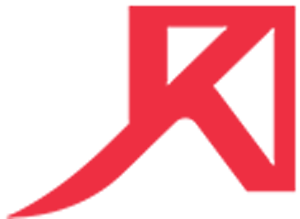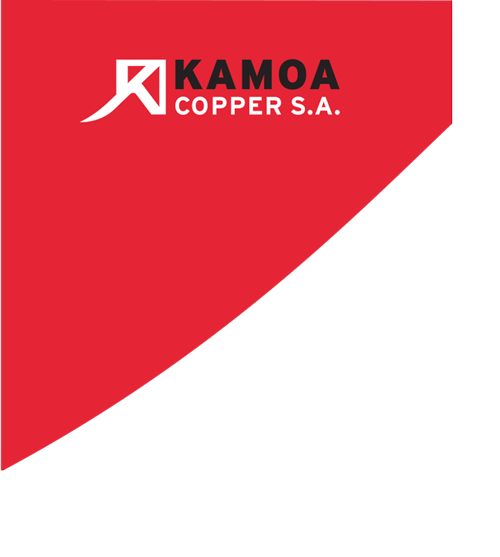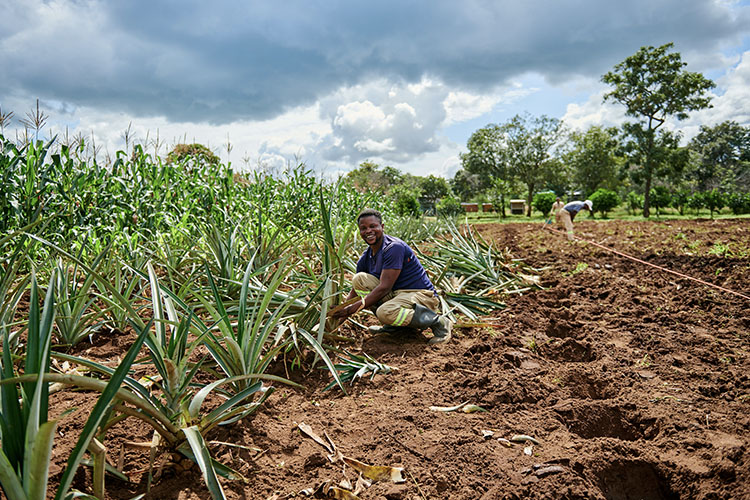- Banana Plantation – it consists of 11 hectares of banana trees and is owned by 26 women from surrounding communities. They’ve successfully established a sustainable livelihood, expanded their workforce, and significantly scaled up their operations.
- Poultry farm – Construction of the third poultry farm has commenced. Operating a poultry farm with layer hens can substantially enhance the quality of life for owners by providing a steady source of income, fostering entrepreneurship, and promoting sustainable agricultural practices.
- Fishponds – The 300 fishponds that Kamoa Copper SA established with the community contribute to improving the lives of their owners by offering a reliable source of nutritious food, generating additional income through sales, and providing opportunities for sustainable aquaculture practices.
Maize farming and vegetable garden project – Throughout 2023, Kamoa Copper SA sustained its backing for maize and vegetable farming by providing essential inputs like fertilizer, seeds, and pesticides, alongside training and equipment, facilitating expansion and support within the community.
- Brick Factory – Tujenge Bricks has made a significant impact on the local economy and continues to contribute positively to the community’s economic development.
- Car wash – Employs 15 local community beneficiaries.
- Health services, clinics, and hospitals, for local communities, and employees.
- Mwaiseni Restaurant/truck stop – Owned and managed by nine local community members, serves mostly truck drivers waiting for their vehicles to be loaded.
- Beekeeping: Kamoa Copper SA Copper increased its beekeeping project by distributing 68 new beehives to three community members, with intentions to provide 82 more hives to 20 additional participants in 2024.
- Onsite Nursery: reforestation campaign as part of our BMP to induce the restoration of gallery forests in close collaboration with the communities.
- Early childhood development centres (ECD) in surrounding communities. In 2023, 2 ECDs were launched. A new feeding scheme was established at these two ECDs. A playground, Christmas celebrations, and teacher training, are all part of Kamoa Copper SA Copper’s commitment to education.
- Chatuta Sewing Centre
The Chatuta Sewing Centre expanded in 2023, increasing production to 1,000 uniforms per month, employing 16 more seamstresses, and diversifying its product range to meet higher demands from Kamoa Copper SA Copper and grow its business.




